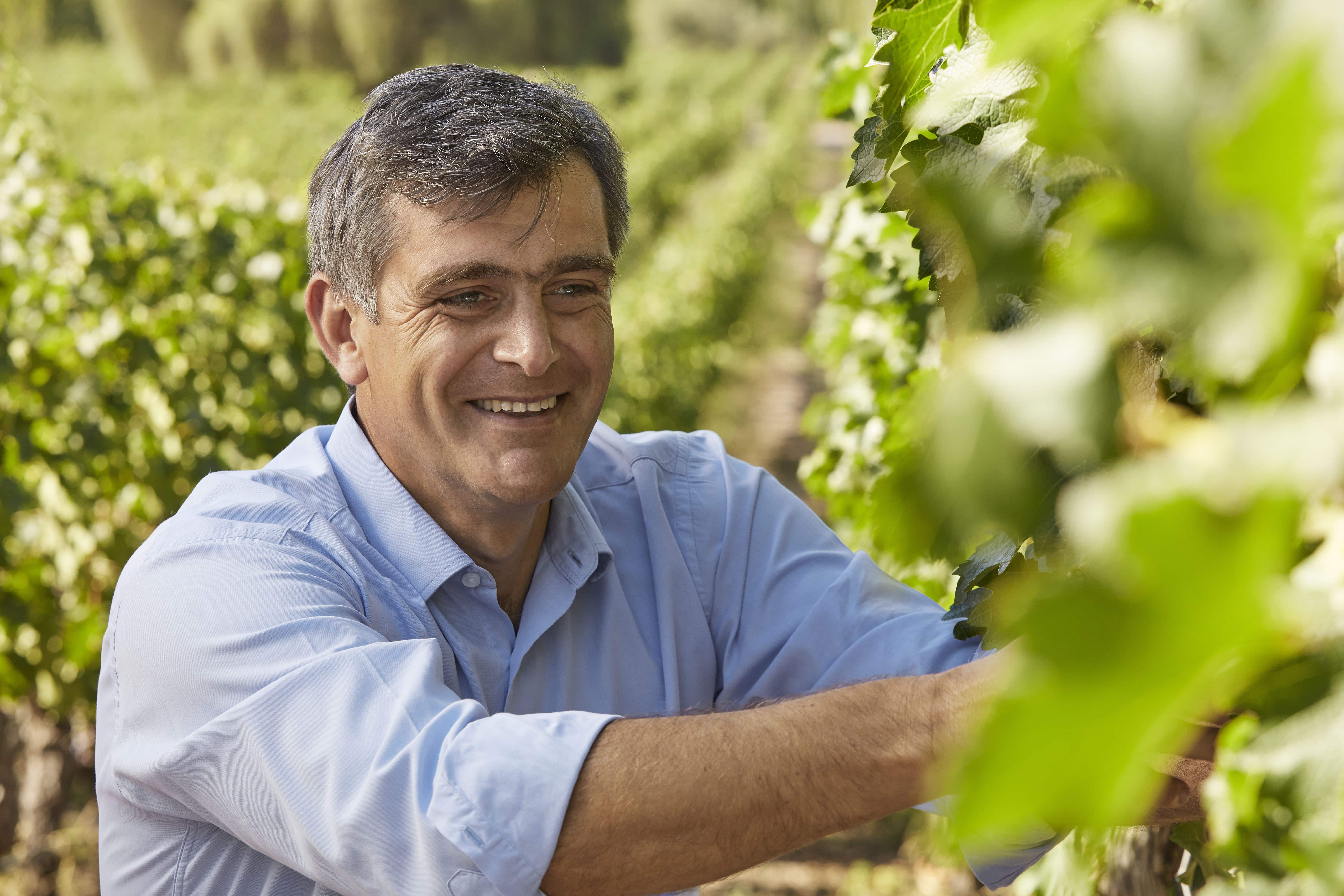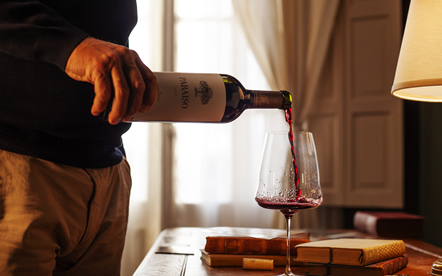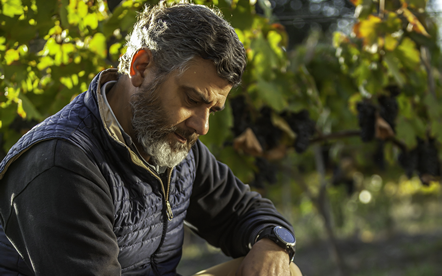
Agricultural Engineers’ Day: Meet Pablo Minatelli
Agricultural engineers are a key player in today’s winemaking industry; together with the winemakers, they are the most important figure at wineries. Agronomists are not only responsible for the agronomic works that take place in the estate, but their main task is to know how to interpret the vine in order to understand its behaviour. The phrase “the wine is born at the vineyard” has been recurrent in recent years, and there is no doubt that the role of the agronomist also grew along with this idea that today sets the direction of the Argentine winemaking industry.
In our country, Agricultural Engineer’s Day is celebrated on August 6th, in commemoration of the Agronomy course offered by Instituto Agrícola Santa Catalina, in Llavallol, Buenos Aires province, which was first held this day in 1883. We believe this is the perfect day to talk to our Agricultural Engineer Pablo Minatelli about his profession, its evolution over time, and the challenges faced on a daily basis.
What are you most passionate about in your job?
Being able to understand what is beyond the glass of wine, living what winemaking is all about, getting covered in mud (literally, but also metaphorically)… getting muddy entails making contact with what is going on around you.
What do you think is a must to be a good Agricultural Engineer?
You need to study, be curious, understand there is no formula, give dimension to the expression “it depends”, give credit to science without losing sight of the empirical knowledge. Also, you must be empathetic towards people and the processes, dealing with the fact that what you want is not always what you will be able to achieve.
What can you say about the expression “the wine is born at the estate”?
The vineyard is the origin of a project, teamworking, a quest. If we only reduce the wine to “a liquid inside a bottle”, we are missing out on being part of many stories. If we reduce the estate only to a soil or a heat summation, we are throwing away hundreds of years of history, of the quest behind serving a pleasurable drink in a glass. If we are unable to tell the whole story, from the beginning, it will be difficult to find anyone who truly enjoys the wine, regardless of the price paid for the bottle or the scores given to the label to guarantee the quality of the product.
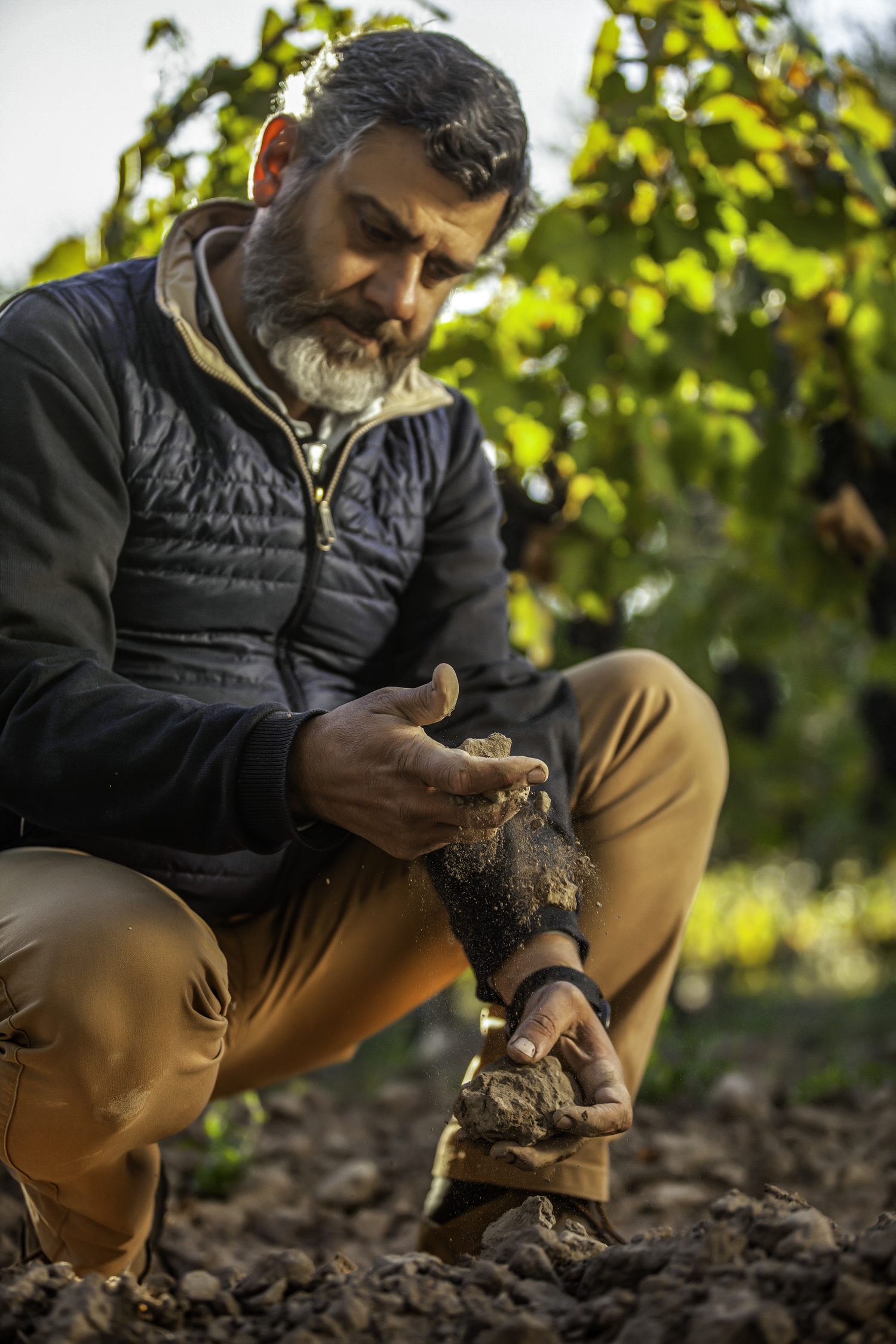
The vineyard is the origin of a project, teamworking, a quest. If we only reduce the wine to “a liquid inside a bottle”, we are missing out on being part of many stories.
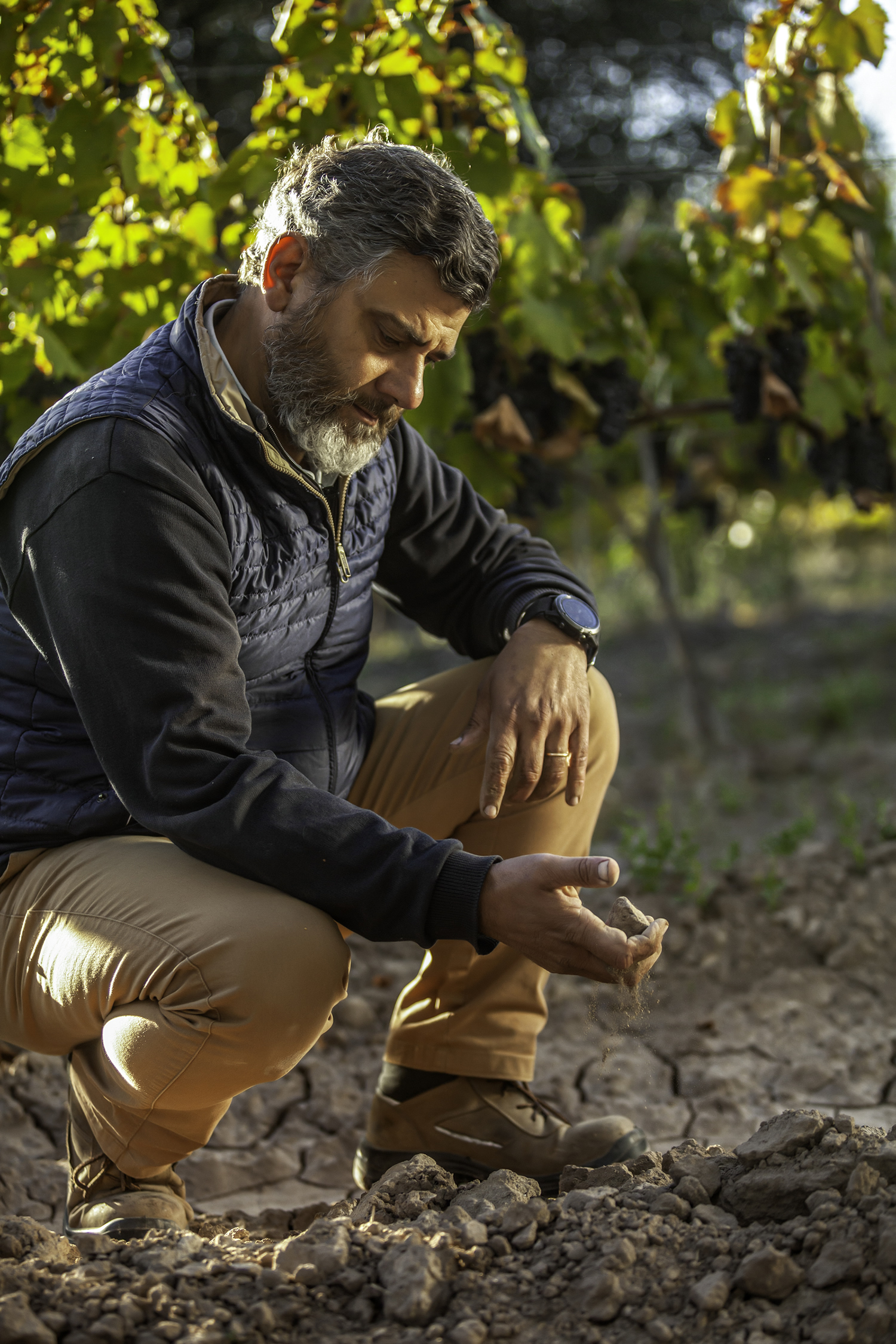
How do you see the role of the agronomist evolving with respect to your beginnings in the profession?
We used to be called “farmers with a degree” but, today, agricultural engineers must handle different processes, which range from the biological ones that take place at the plant and the answers to a changing ecosystem, to social processes, as no work can be performed at the estate in isolation, and all actions have consequences on the ecosystem and the community. Furthermore, we are also responsible for the accounting and communication processes, announcing what goes on in a given estate, plant and bunch that will later become wine. I believe all these are concepts of what we call sustainability, which demands joint work and efforts.
What are the main challenges faced by an Agricultural Engineer working at a winery as renowned as Luigi Bosca?
Luigi Bosca has a century-long history of producing quality wines, and the legacy of Alberto Arizu has set the path for us to follow. Nowadays, there are new ways of understanding the winemaking activity, and there are also other demands that go beyond the grape quality. I believe that we must continue along the road of permanent innovation, which is what has characterised the winery since its beginnings. Innovation is not only about inventing, but also about exploring what exists, knowing what the estates need and applying the best tools to meet said requirements under a sustainable approach.
